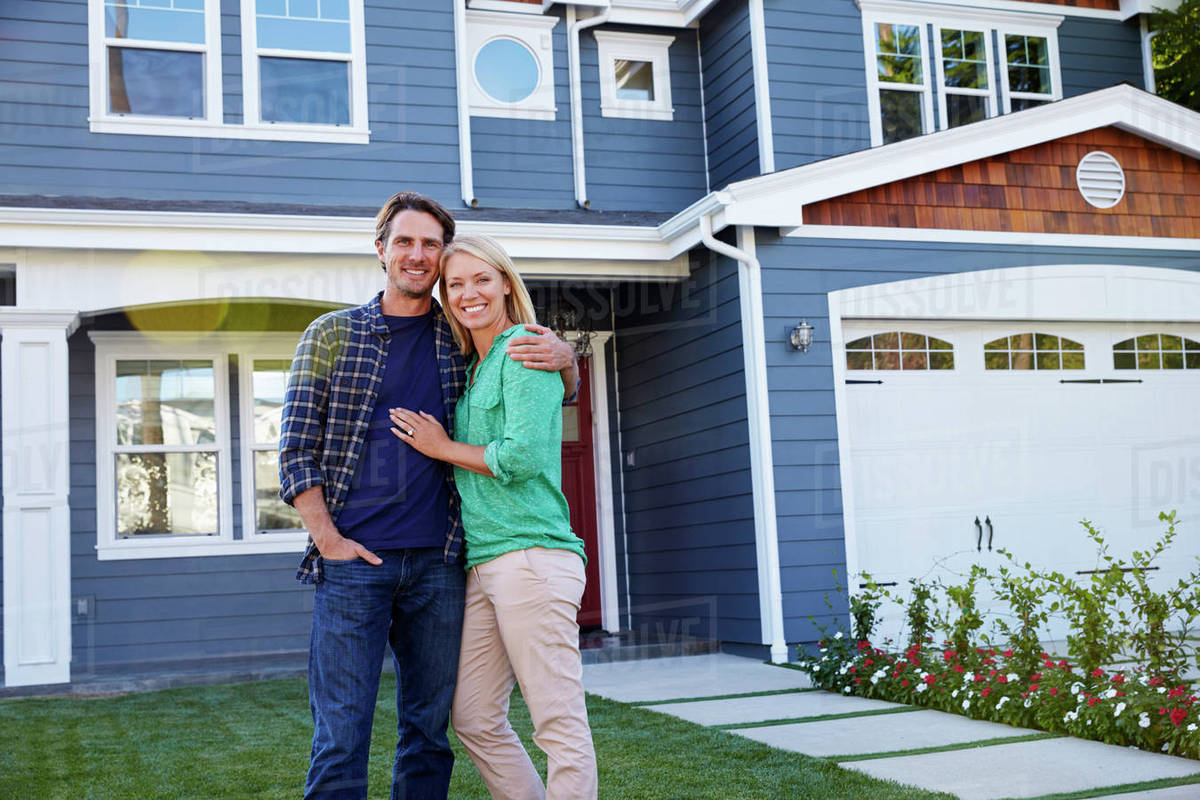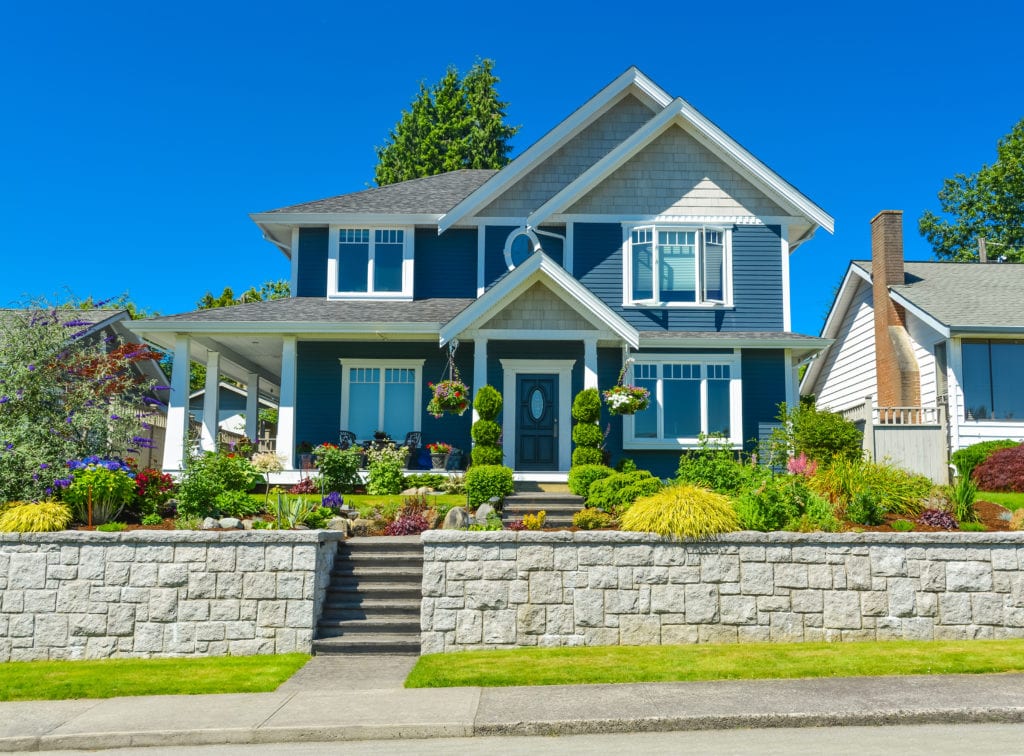
The first time you buy a house is an exhilarating experience. A new home brings with it the hope of starting fresh and creating your little family oasis in which to grow old together. But, as any seasoned homeowner can attest, that’s only half the story. The rest is about dealing with bills, repairs, and lawn care—all while trying not to go broke before retiring. Here are some tips for first-time buyers on how to make sure you’re prepared for all of this!
1. Understanding the difference between a house and an investment:
Your home is where you live your life, making memories, coming together as a family, and your place of comfort and happiness. You love the eccentricities of your house and are familiar with every nook and corner, every creek, and sound of your business. However, the moment you sign on that dotted line and become a homeowner, your priorities change. First-time home buyers need to understand the difference between a home and an investment. While holding onto properties for long periods can be an excellent way to amass wealth, it’s essential to be wise about when you sell your home. In many cases, homeowners had bought when the market was relatively depressed and then sold their properties for a considerable profit during a later period—when prices went up significantly.
2. How to choose the locality:

A home’s location, size, and price are essential factors in whether or not it’s a good buy. But what’s also crucial is the area’s prospects —whether there will be robust demand for homes nearby in the years to come—and the property taxes you’ll be paying. Look for the construction of the house, the area that it is built-in, transit time, and how far it is from the transport ways. An ideal location would be for the residence to be near the city for easy access to city facilities. If you are relocating for office convenience, you must make sure you are near the office and your everyday needs.
3. Considerations before making an offer on the house:

Make a list of non-negotiables for what you want in your dream house. Make sure to carry this list when going to inspect the home. You must see that 90% of the attributes from your list are present in the house you are considering. Leave 10% of flexibility for adjustments and compromise. May it be a requirement of a spacious kitchen cabinet, a specific number of bedrooms/bathrooms, a garden, or anything you perceive as necessary. Asking the right questions and doing your research will help you find a house that’s not only affordable but also in good shape. For example, if you know what to look for, you can spot signs of foundation issues or leaky roofs before your purchase is final.
4. The financial process of buying your first home:

If you’re a first-time homebuyer, don’t let the process overwhelm you- it’s not as difficult as it may seem. First and foremost, set your budget and stick to it. If you have a margin for new furniture or repairs and renovation, keep an eye on the actual cost and the cost of agreement papers. Next, find a realtor to help you look at the houses that fall in line with your requirements. Make sure to set aside enough money for a down payment and closing costs so that you can get approved for your loan. Get preapproved before you start looking at homes to save time when searching. Understand what an appraisal is and how it affects your mortgage rate. The down payment shows that you are an interested and serious buyer. At last, scrutinize every house you can and do not reject immediately; keep your options open. Be honest about your finances with yourself and with the lender – this will help ensure that everything goes smoothly during the approval process.
5. What type of home should I buy – condo, townhouse, or single-family home:

A single-family house is the most popular home in clear lake, America, but it’s also the priciest. Plus, you’ll be responsible for all yard work and other chores like snow removal. Also, if you live in a single-family home, the neighbors on all sides will likely be close by. Homeowners associations are also prevalent among single-family homes, so there’s usually an association fee involved.
- Following closely behind a townhouse or condo is a single-family home (also called a detached home). These homes are usually priced below townhomes and condos. But, since you don’t share walls or common areas (or many utilities), a home is more expensive to heat and cool.
- Condos: Condos are an excellent choice for buyers who like the suburban lifestyle but don’t want to deal with lawn care. Since condo communities generally have a homeowner’s association, there will be fees involved in addition to your monthly mortgage payments. However, a condo also means that you’ll have a smaller yard to mow and will be contributing to one common area instead of worrying about landscaping your own home.
- A high-rise: The prices on these can vary pretty wildly depending on the size of the unit and its location in town, but buying into a high-rise can make sense if you’re in your 20s or 30s and single because they can be remarkably affordable. If you’re open to living in a high-rise without going broke, it’s worth considering.
- A townhouse: While the mortgage payment might be higher than condo fees if there are other owners on the property with you, owning a townhome gives you more privacy and the opportunity to have a yard. It’s a house with a condo and single-house benefits.
- Bungalows and older homes: These brick, classic homes are often in historic districts and neighborhoods that are highly desirable to investors and buyers because of their central locations. Bungalow living gives you more space for your dollar and can be a great option if you’re looking to build for the long term.
6. What are the pros and cons of buying a new construction versus an existing house:
New construction makes sure that you live in a brand new house with everything set to perfection. You don’t have to tiptoe around your house as everything is just set in and is known to last long as the home is built with quality equipment. With an existing house, you might want to be careful with the working equipment like the pipelines, taps, bathrooms, and so on. The average homeowner spends about $1,000 every year on minor repairs such as changing light bulbs and unclogging drains. While this may not seem like a lot of money to someone with a significant income, it is a considerable amount for most first-time homebuyers.
Conclusion: Enjoy the process and trust yourself to make the correct decision. Have fun! Buying a house is an exciting experience! You never know where life will take you next!
Leave a Reply